The Beginning of a New Academic Year for Undergraduate Students at the University of Kashan
The Beginning of a New Academic Year for Undergraduate Students at the University of Kashan
The orientation ceremony for newly admitted undergraduate students of 1404 was held at the Fayz Hall of the University of Kashan with the presence of the university president and vice presidents.
In his address, the President of the University of Kashan, Dr. Behzad Soltani, congratulated the students on their admission to the University of Kashan and stated that the University of Kashan is among the distinguished and leading universities in the country.
Dr. Soltani referred to the current state of universities and the importance of two types of knowledge—fundamental knowledge and applied/commercialized knowledge—in both Iran and advanced universities around the world. He noted that most Iranian universities still belong to the first and second generations, where the focus is primarily on fundamental knowledge. In contrast, advanced (third-generation) universities also train their students in the commercialization of knowledge.
He added that students in Iran generally do not learn entrepreneurial skills and are often uncertain about the path to follow after graduation. In advanced universities, however, students not only gain foundational knowledge but also learn how to establish startups, found knowledge-based companies, and commercialize their expertise. This approach enables graduates to create jobs rather than merely waiting to be employed.
Dr. Soltani emphasized that entrepreneurship, self-development, and cultivation of intellectual refinement are the main missions of the university. He added that the University of Kashan is the only university in Iran that, in addition to education and research, officially and legally pursues “entrepreneurship” and “self-development/intellectual cultivation” as part of its mission. Together with education and research, these constitute the four core responsibilities of students during their academic journey.
He further noted that entrepreneurship at the University of Kashan does not merely mean training engineers but rather encouraging both faculty and students to develop innovative ideas for businesses that, alongside their technological aspects, also possess market potential and commercial viability. To achieve this, entrepreneurship courses have been introduced in various faculties, an innovation center is active, and the university hosts a technology park—placing it among the 17 universities in the country that have such facilities, alongside major institutions such as the University of Tehran and Sharif University of Technology.
The president also highlighted that the University of Kashan has established a new and unique division called the “Vice Presidency for Innovation and Economy,” which does not exist in any other university. This division is responsible for supporting students and faculty members in launching startups and technology-based businesses.
Dr. Soltani identified self-development and intellectual cultivation as the third and equally important mission of the university. He stated that the university provides the best—and perhaps the only—opportunity for students to develop their character and become intellectually refined individuals. Intellectual cultivation, he explained, entails leading a healthy life, avoiding dishonesty and misconduct, maintaining psychological and emotional well-being, and nurturing one’s spirit. This goal can be achieved through reading diverse books, engaging in dialogue with professors and peers, and seeking professors’ guidance on various aspects of life—not only academic matters.
He underlined the critical role of professors in promoting intellectual cultivation among students and emphasized that professors should act as “companions” rather than merely instructors. Professors, as experienced intellectual resources, should serve as mentors to guide students in life’s challenges.
Dr. Soltani urged the creation of spaces for discussion and debate among students, stating that dialogue between those with differing political, cultural, and economic perspectives fosters personal and intellectual growth.
He also underscored the importance of maintaining an “academic” and “scholarly” atmosphere within the university, beyond its three core missions. He stated that inappropriate behavior, such as the use of offensive language by students, professors, or staff, has no place at the university. The academic environment requires mutual respect and the preservation of personal dignity.
Finally, the President of the University of Kashan emphasized that the university should serve not only as a place for learning but also as a space that nurtures personal growth and mutual respect. Achieving this, he said, requires self-awareness and behavioral alignment with academic standards, so that every individual recognizes and respects others as honorable human beings.


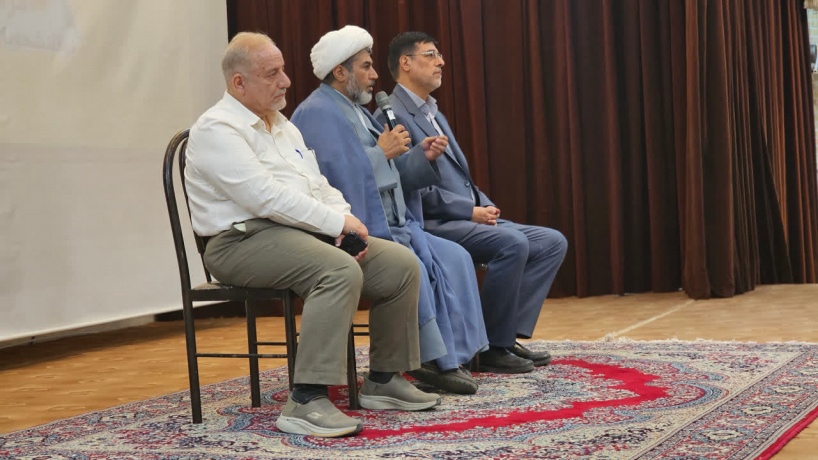
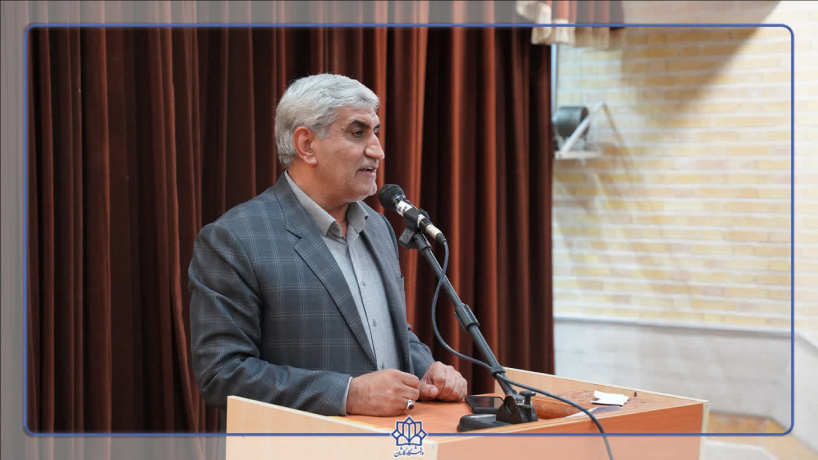
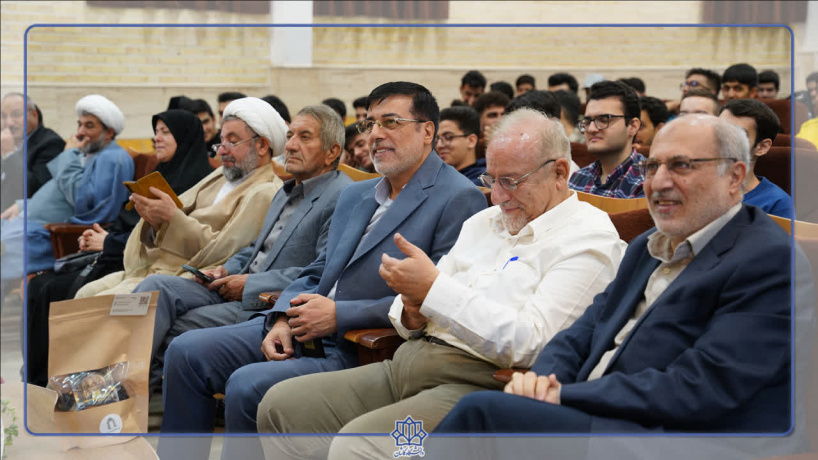
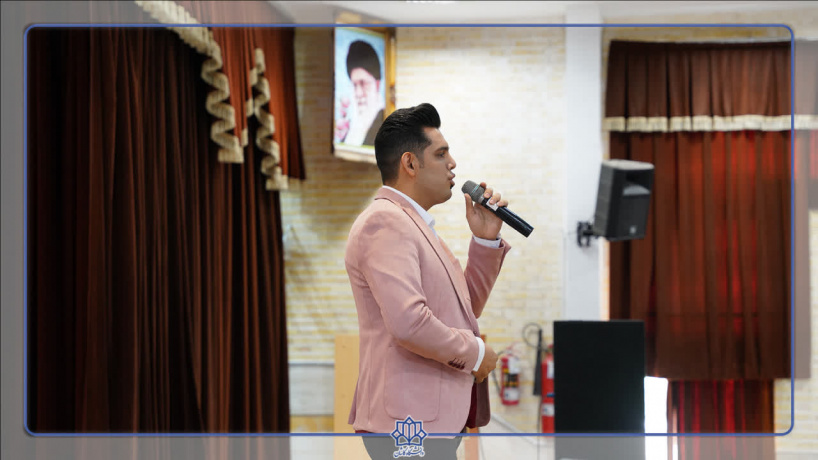
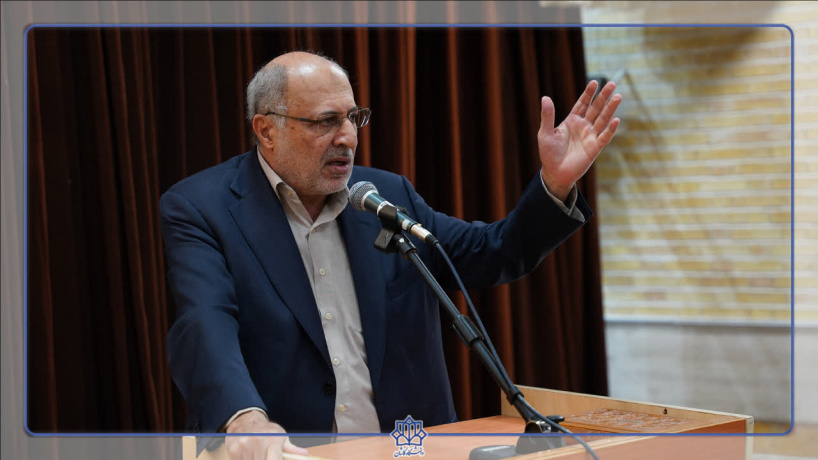
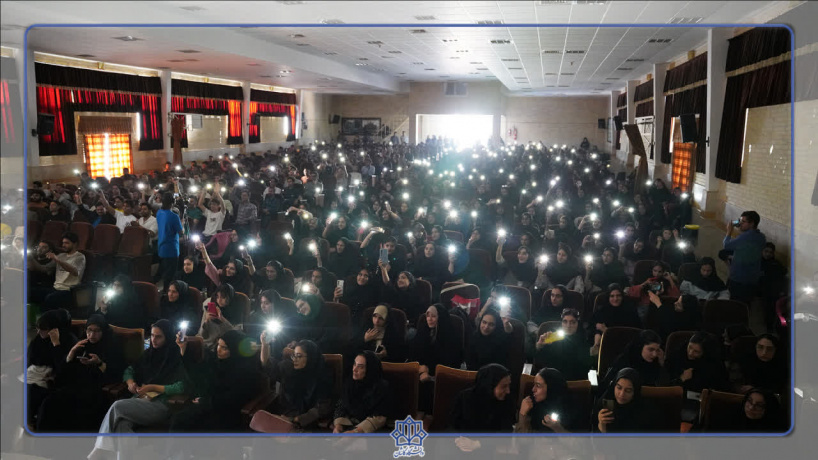
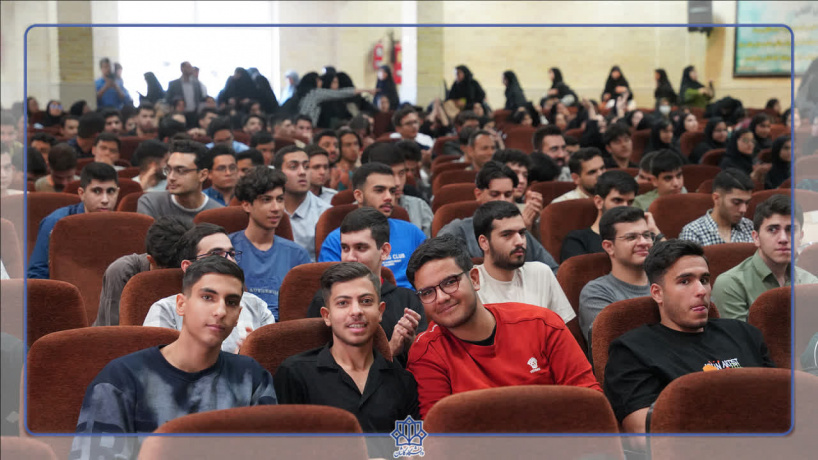
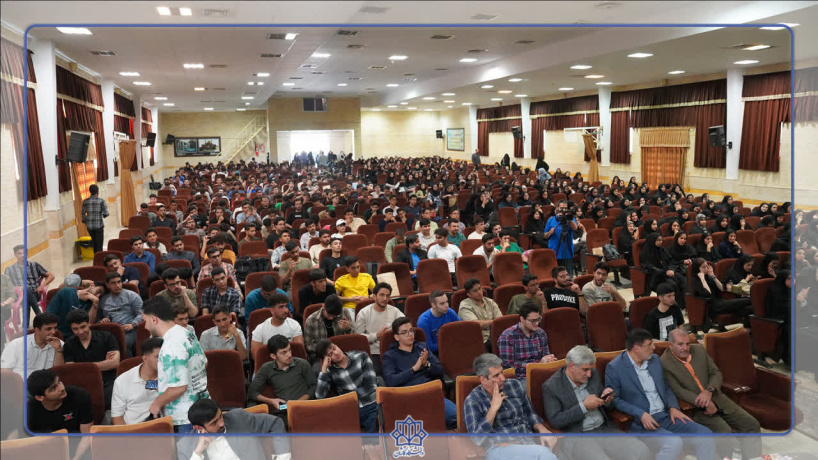








Your Comment :